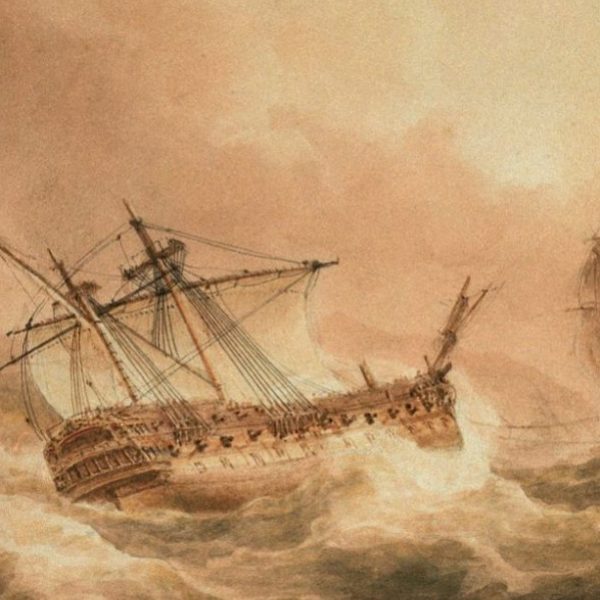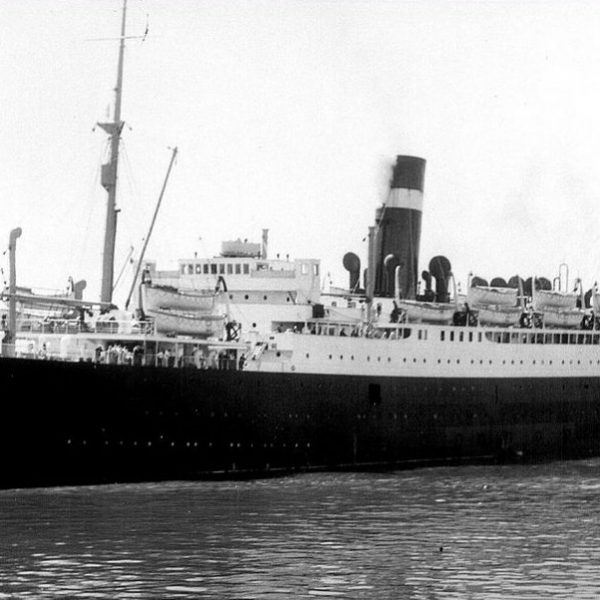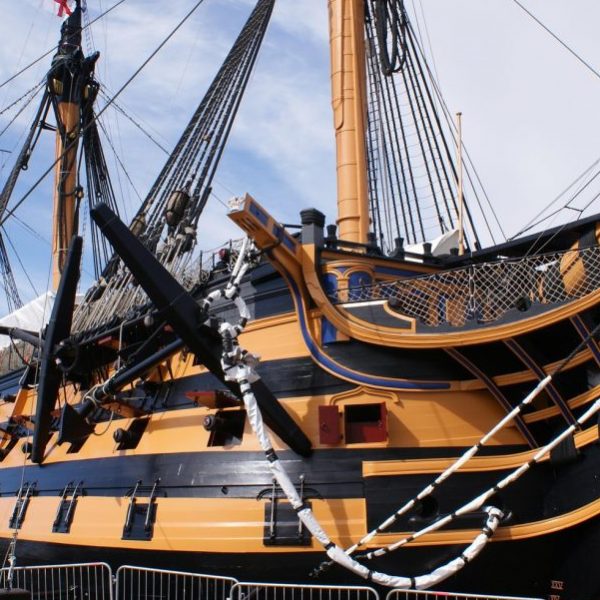To London, with Love: An Island Changes the World
Ivan Lett—
Continuing my reading on World War II, it’s almost a needless point to make that December 7 was arguably the turning point of conflict. The morning of the Japanese attack on Pearl Harbor has been recreated and dramatized many times over as one of the most identifiable moments of the American twentieth century, not to mention the conspiracy theories, the alternative “what if” speculations, and racial and ethnic animosities that spring to mind with any mention.
 But no, it is not needless, as P.M.H. Bell shows in Twelve Turning Points of the Second World War, and its impact was far wider than the shock it produced in the United States, or even the facile observation that it precipitated the entrance of the US into armed combat and official declarations of war. Bell, a British historian formerly at the University of Liverpool, writes that “Pearl Harbor marked a decisive turning point, transforming what had been essentially a European war into a world war,” but he goes on to conclude that it “also brought home a change in the nature of naval warfare and sea power.” In targeting the main naval base, the Japanese hoped to cripple and remove American strength from the Pacific theater. All eight battleships in the harbor were sunk, grounded, or badly damaged, and scores of other ships and aircraft were destroyed.
But no, it is not needless, as P.M.H. Bell shows in Twelve Turning Points of the Second World War, and its impact was far wider than the shock it produced in the United States, or even the facile observation that it precipitated the entrance of the US into armed combat and official declarations of war. Bell, a British historian formerly at the University of Liverpool, writes that “Pearl Harbor marked a decisive turning point, transforming what had been essentially a European war into a world war,” but he goes on to conclude that it “also brought home a change in the nature of naval warfare and sea power.” In targeting the main naval base, the Japanese hoped to cripple and remove American strength from the Pacific theater. All eight battleships in the harbor were sunk, grounded, or badly damaged, and scores of other ships and aircraft were destroyed.
It’s a sore spot, to put it minimally. Receiving a note from the Japanese ambassador after the attack had already begun, Secretary of State Cordell Hull remarked, “In all my fifty years of public service I have never seen a document that was more crowded with infamous falsehoods and distortions…on a scale so huge that I never imagined until today that any Government on this planet was capable of uttering them.” Yet modern warfare was already transitioning itself from the battleship to the aircraft carrier. The Japanese had used 360 modern aircraft to execute the attack, but this successful and consequential proof of the pudding would only portend the shape of the war to come, both in the Pacific and for in its escalating international scope, with devastating results for Allied and Axis powers and affiliates alike.
Moreover, the event would have irreversible implications for the structure and existence of European empires in Asia. As the Japanese rose throughout the early years of the war to become the dominant and almost uncontested power of the Pacific, European authority quickly began to recede. Occupied Vichy France had relinquished control toJapanwithin their Indo-China colonies, while Britain had more than a bit of trouble defending their territories in Singapore, Burma, and even as far to the west as India; Australia and New Zealand had to rely on the United States for protection. Global decolonization in the succeeding decades proved that the former reach of empires was untenable in a new world order. And like the rise of the British Empire throughout the preceding century, it all started on an island.
Ivan Lett is Online Marketing Coordinator for Yale University Press.



